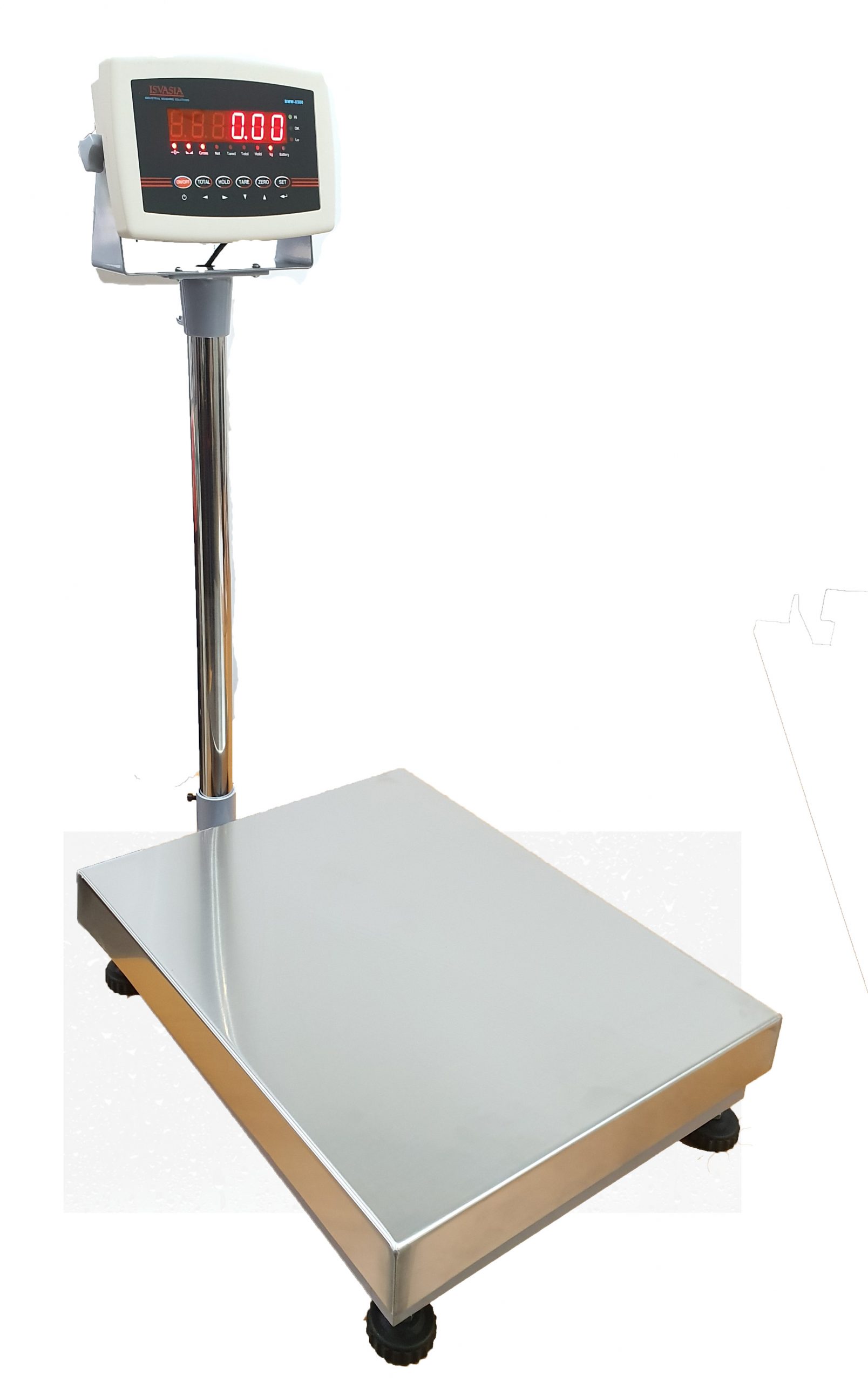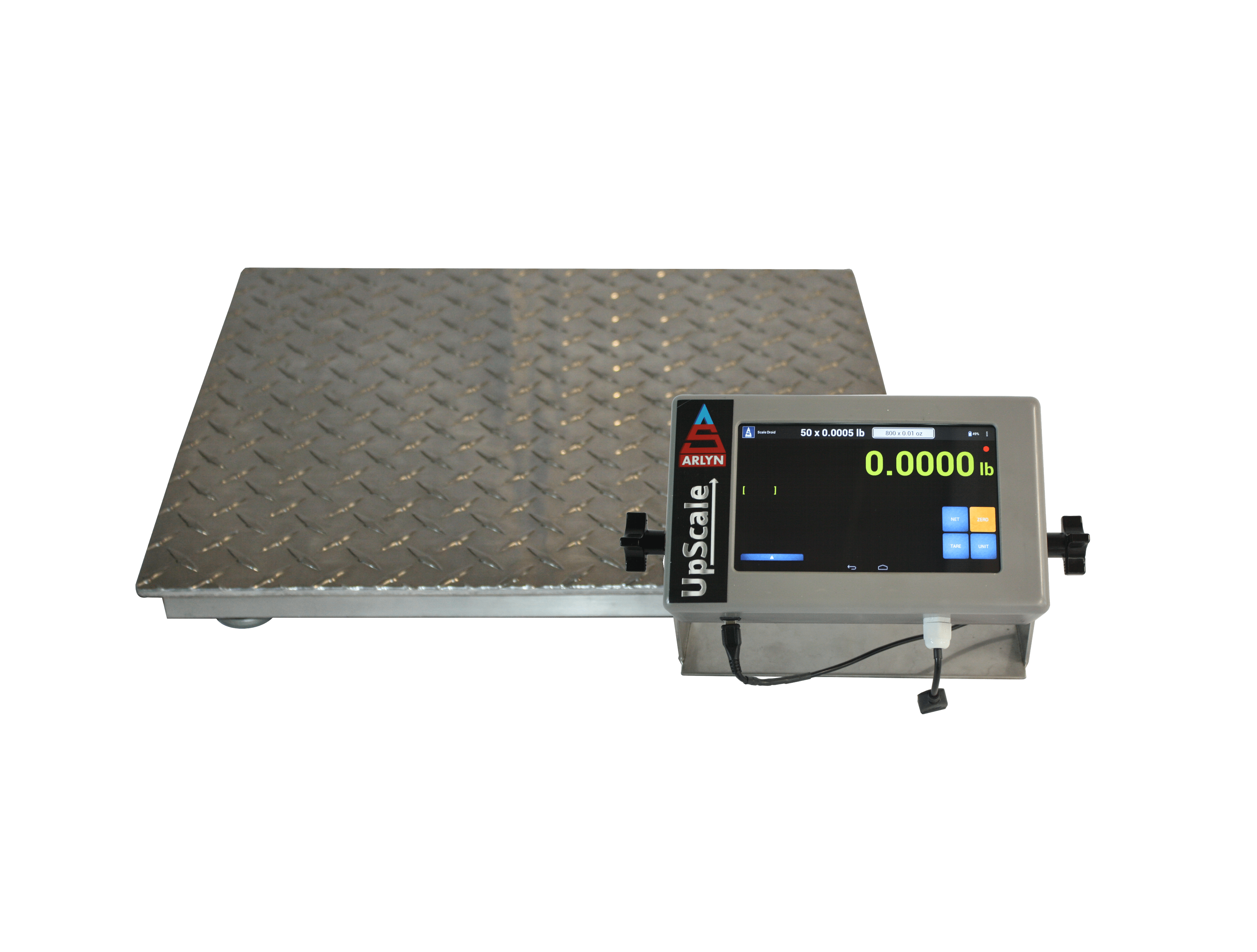Digital vs. Analog Industrial Scales: What You Need to Think about
Digital vs. Analog Industrial Scales: What You Need to Think about
Blog Article
Just How Commercial Scales Improve Precision in Manufacturing and Logistics
By ensuring that products are evaluated accurately, companies can minimize mistakes that could lead to considerable monetary consequences. The arrival of sophisticated technologies in weighing systems is changing traditional procedures.
Importance of Accuracy in Procedures
In the realm of production and logistics, precision is the cornerstone of operational efficiency. Precise dimensions are necessary for keeping top quality control, optimizing resource allotment, and ensuring compliance with sector standards. When operations count on accurate information, businesses can minimize waste, improve production timelines, and enhance overall productivity.
The significance of accuracy expands beyond easy measurement; it also affects decision-making procedures. As an example, specific weight readings can identify ideal stock degrees, improve supply chain logistics, and help with exact invoicing. Additionally, inaccuracies in dimensions can lead to expensive errors, such as overproduction or taking too lightly product demands, which can jeopardize job timelines and productivity.
Furthermore, precision in procedures fosters a culture of accountability and quality assurance. By carrying out extensive dimension standards, organizations can determine ineffectiveness and pass renovations, eventually resulting in improved consumer fulfillment. In a period where competitors is strong, the ability to provide services and products with precision can be a distinguishing variable that establishes a company apart. Hence, spending in accuracy measurement devices, such as industrial scales, is not simply a technological consideration yet a calculated necessary for success in the manufacturing and logistics industries.
Sorts Of Industrial Scales
Numerous kinds of industrial ranges play an essential function in achieving the accuracy needed for effective production and logistics operations. Each kind is created to meet details demands, ensuring exact measurement of items, elements, and materials.
One common kind is the platform range, which provides a level surface for considering bulk products or big products. These scales are typically used in stockrooms and shipping facilities. An additional kind is the bench scale, commonly smaller sized and used for evaluating private packages or smaller sized batches of products. These scales are crucial in high quality control processes. Industrial Scales.
For applications where accuracy is essential, analytical balances are employed. These high-accuracy scales are utilized in research laboratories and research settings to measure little quantities with utmost accuracy. Flooring ranges, made for heavy-duty weighing, are suitable for weighing big pallets or containers, typically incorporated with forklifts for efficiency.
Additionally, tons cells are made use of in numerous applications for real-time weight dimension and information collection. Each of these ranges adds distinctively to the operational efficiency, making sure that organizations can keep precision throughout their production and logistics procedures. Comprehending the kinds of commercial scales is necessary for maximizing efficiency and attaining functional quality.

Influence On Inventory Monitoring
Precise weighing is essential for effective supply administration, as it directly affects supply precision and operational effectiveness. In manufacturing and logistics, accurate measurement of products and products makes certain that supply documents mirror actual supply levels, lowering discrepancies that can cause overstocking or stockouts. Industrial scales give the necessary precision to evaluate products accurately, making it possible for companies to keep a reliable supply system.
Moreover, accurate considering adds to better projecting and planning. With precise data on supply degrees, companies can make educated choices relating to procurement and manufacturing timetables. This minimizes the danger of excess inventory, which can lock up funding and boost storage prices, as well as stop lacks that might interfere with procedures.
Moreover, the integration of industrial scales with stock monitoring systems helps with real-time monitoring of supply movements. This enhances the process of updating supply documents, improving transparency and accountability throughout the supply chain. Ultimately, accurate weighing not only sustains reliable supply monitoring yet also drives total functional effectiveness, allowing companies to respond swiftly to market needs and keep an affordable edge in their particular sectors.
Enhancing Quality Assurance
Effective supply monitoring not just guarantees ideal stock levels but also prepares for click here for info robust quality assurance processes. Industrial scales play a pivotal function in boosting quality control by giving accurate weight dimensions that are important for keeping product stability. Consistent weight verification makes it possible for makers to stick to specs, ensuring that each thing satisfies the required top quality criteria.
In high-stakes atmospheres, such as food production or pharmaceuticals, also small weight disparities can cause substantial compliance problems. By incorporating commercial scales into the assembly line, companies can check item weights in actual time, permitting immediate rehabilitative activities if abnormalities are identified. This proactive method minimizes waste and improves total product integrity.
Furthermore, accurate considering helps with far better formula of resources, which is important in industries such as chemicals and cosmetics. By making certain that active ingredient ratios remain regular, makers can achieve remarkable product quality, boosting customer complete satisfaction and lowering returns.
Future Patterns in Weighing Technology
The future of considering modern technology is poised for substantial advancements driven by automation, connection, and information analytics. As sectors progress, the assimilation of innovative sensing units and IoT (Web of Things) capabilities will certainly make it possible for real-time tracking and reporting of weight data. This connectivity will not just boost functional effectiveness however likewise help with predictive maintenance, reducing downtime and improving performance.
Moreover, the incorporation of fabricated knowledge and artificial intelligence formulas right into evaluating systems will enhance data evaluation abilities. These modern technologies can identify patterns and anomalies, enabling even more educated decision-making and maximized supply chain management. Moreover, the rise of cloud-based remedies will certainly enable seamless information sharing across platforms, making certain that stakeholders have access to updated details whatsoever times.
Sustainability will certainly additionally play a critical role in future evaluating technology. As services aim to minimize their carbon footprint, considering systems that include energy-efficient styles and products will certainly end up being progressively important. Additionally, improvements in electronic weighing ranges will sustain better resource go to this web-site monitoring by giving exact dimensions that lower waste.
Final Thought
Finally, industrial ranges considerably boost precision in production and logistics by providing precise weight dimensions necessary for effective procedures. Their duty in stock monitoring, high quality control, and assimilation go to these guys with advanced innovations highlights their value in enhancing and decreasing inconsistencies resource allotment. As industries proceed to evolve, the fostering of cutting-edge evaluating services will certainly even more support operational effectiveness and minimize waste, inevitably contributing to improved productivity and competitiveness in the market.
One common kind is the platform scale, which supplies a flat surface area for weighing huge products or bulk products. One more kind is the bench scale, commonly smaller and made use of for considering individual plans or smaller sets of items. Floor scales, created for durable considering, are excellent for evaluating large pallets or containers, often incorporated with forklifts for effectiveness.
Industrial scales provide the necessary accuracy to evaluate items properly, making it possible for services to preserve a reputable inventory system.

Report this page